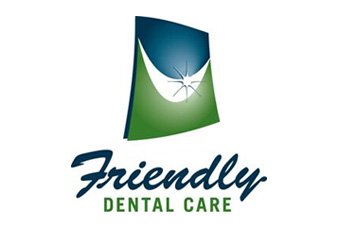One of the most common causes of tooth sensitivity is aggressive brushing habits. When brushing the teeth, if the toothbrush is too hard or the pressure applied is excessive, usually combined with improper brushing technique, the gums become irritated and they can eventually begin to recede over time. The receding gums expose sensitive parts of the teeth that were once shielded. This often happens on multiple teeth. The incisors, canines, and first premolars are particularly susceptible to this type of sensitivity. If the gums recede significantly, a tissue graft may be recommended to treat the problem.
One of the most common causes of tooth sensitivity is aggressive brushing habits.
The use of toothpaste for sensitive teeth can help create a protective buffer between the teeth and the sensitivity triggers. Teeth are somewhat porous and the sensitive toothpaste is absorbed, strengthening the outer parts of the tooth. Some toothpastes are found to restore the protective tooth enamel, as well. Adding fluoride treatment to regular dental visits, or a dentist-recommended at-home fluoride treatment is also found to improve sensitive teeth with continued use. For moderate sensitivity, these treatment approaches are quite effective and very affordable.
When sensitivity is severe, disrupting everyday life, there are other options for treatment. Using a tooth-colored composite to create a protective shield over the tooth can help. The older silver-colored fillings can be replaced with tooth-colored composite to reduce temperature sensitivity as well. Patients seeking a stronger treatment may opt for veneers or a full crown to cover, seal, and protect the sensitive tooth in a more permanent way.
For more information on treatments for sensitive teeth, contact Friendly Dental Care at 740-687-6105 today.
